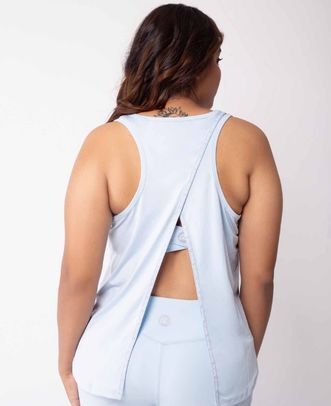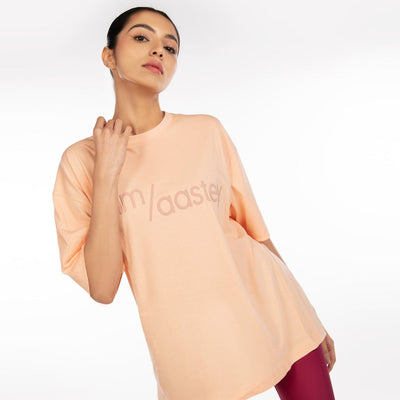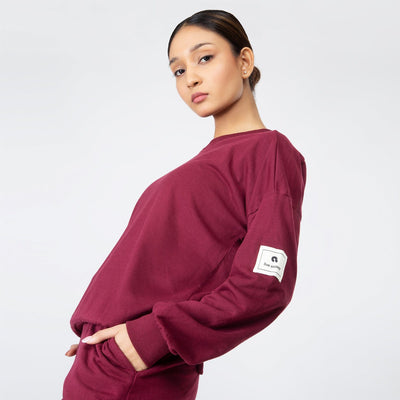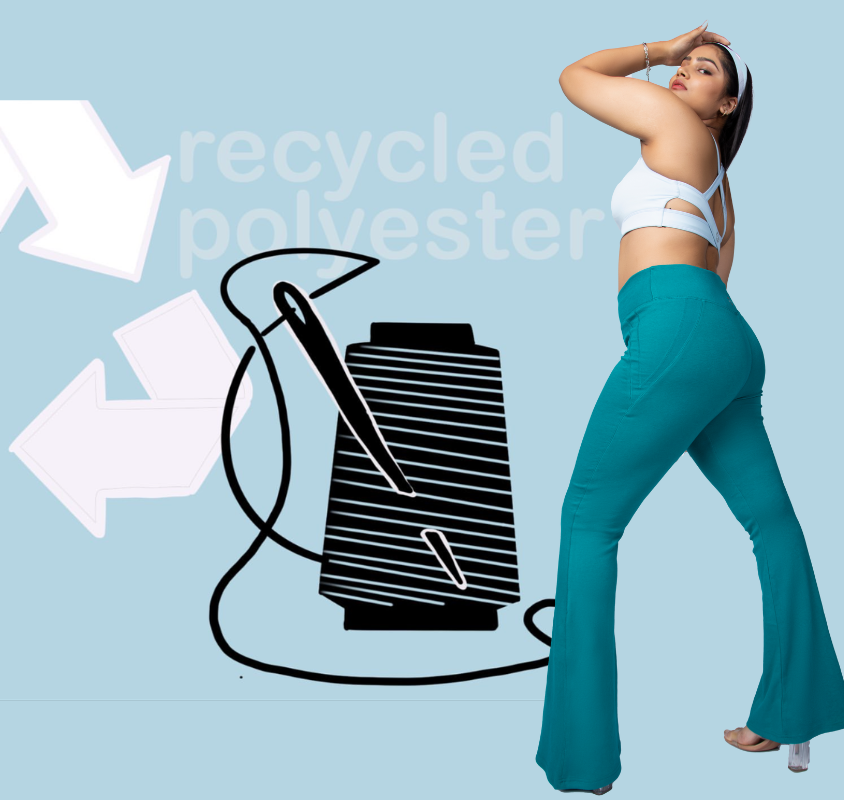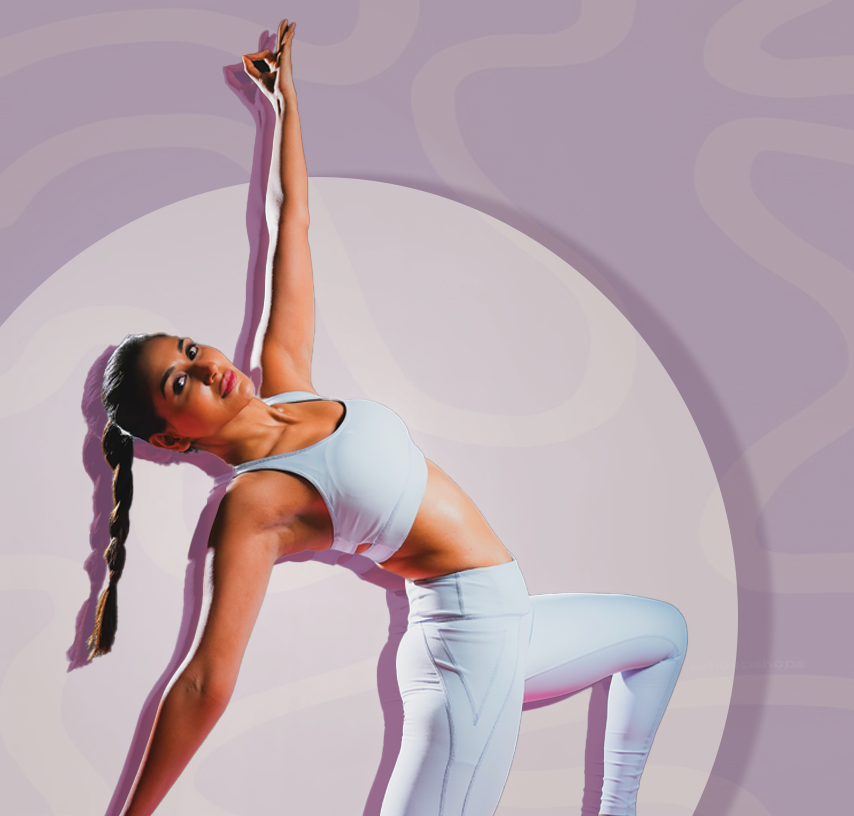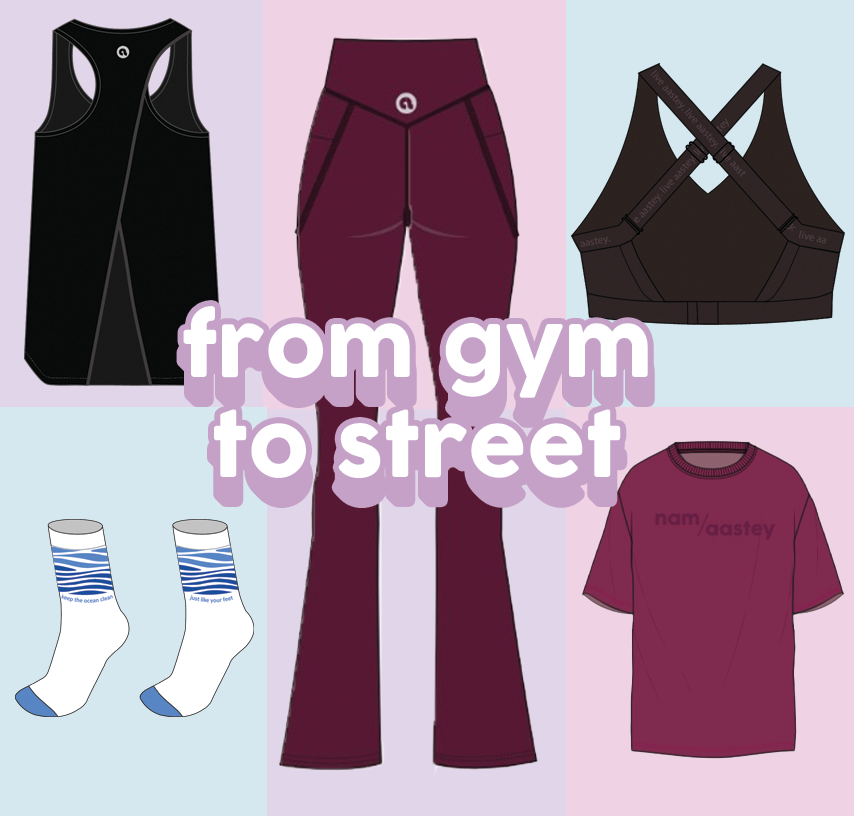the year is quickly coming to a close. Along with dealing with a deadly second wave of the pandemic, the world witnessed a series of devastating natural disasters, such as massive floods in Europe and cyclones in India. got to see the consequences of our choices.

but, even in the darkest of times, there are reasons to hope. as the world stares at an impending climate crisis, many are working to bring changes that can create a sustainable ecosystem for our future generations, and the fashion industry is no different.
so, here’s a list of innovations that we think could be counted as pretty big wins for the cause of sustainability and ethics in fashion.
vegan leather
Because of its cruelty to animals, leather is the most frowned upon material. for years now, we have had to deal with using oil-based synthetics as an alternative to leather. but such days might soon be coming to an end with innovations that are turning mangoes and apples into leather.
one vegan leather that has gone viral is mushroom leather, where scientists have innovated with Sylvania, a material made from mushroom roots. the leather has grabbed everyone’s attention as it replicates leather’s texture and is miles ahead when it comes to durability. it has already made its debut as a Hermès handbag.
maybe we can finally say goodbye to leather for good.
second-hand is now pre-loved
with the pandemic hitting a pause on the world, people began to think more carefully about their consumption patterns. somehow, the idea of thrift stores and second-hand clothes has become the next-best thing to explore. they transformed from "hand-me downs" to pre-loved clothes. because our priorities are shifting. if you are still not sure about trying this out, here’s something you might want to read.
one of those resale places has just the outfit that you need and can’t find in a retail store.
greener cotton dyeing
dyeing cotton is one of the most polluting practises in the fashion industry. it is harmful to the environment and hazardous to anyone who comes into contact with the wastewater generated during the process. around 1/5th of the industrial water pollution is caused by the fashion industry. but this might change with brands like ralph lauren innovating a wastewater-free cotton dyeing system. the system will recycle and reuse the water that is required for dyeing cotton.
minimalist collections
seasonal fashion trends and mini collections every 15 days are just not flying anymore with conscious consumers. People used to line up for the newest item in the catalogue, but this year they've returned to the comfort of t-shirts and jeans in neutral colours and classic styles.
this year was great for bringing sustainability to the mainstream. it will hopefully set a precedent for the fashion industry to strive to be even better in the coming year.

